This site is part of various affiliate programs. Links may give us a small compensation for any purchases you make, at no additional cost to you. Please read the disclaimer policy for full details.
XGIMI has been really focused on creating small, home-theater 4K projectors, but it’s not necessarily obvious on paper which will be the best model for you.
I’ve thoroughly tested both the Horizon Ultra and Horizon Pro – XGIMI’s top 2 short throw 4K projectors – and crucially have compared both in side-by-side tests so you can see exactly which is better in every scenario, from small rooms in daylight to night-time viewing in a home theater.
XGIMI Horizon Pro vs Ultra: Overview
High-End Image for a Mid-Range Price
 4K UHD picture (from a 0.47″ DLP chip)
4K UHD picture (from a 0.47″ DLP chip) 2300 ISO Lumens from Dual Light: Laser + LED
2300 ISO Lumens from Dual Light: Laser + LED Harmon / Kardon Sound
Harmon / Kardon Sound Quick Autofocus and Auto-Keystone
Quick Autofocus and Auto-Keystone Android TV
Android TV
Read More:
Top Portable Projector
 Stunning 4K UHD picture
Stunning 4K UHD picture Super-Bright 2200 ANSI Lumens
Super-Bright 2200 ANSI Lumens Great Sound
Great Sound Quick Autofocus and Auto-Keystone
Quick Autofocus and Auto-Keystone Android TV
Android TV
Read More:
Quick Comparison
| Differences between the XGIMI Horizon Ultra & Pro | 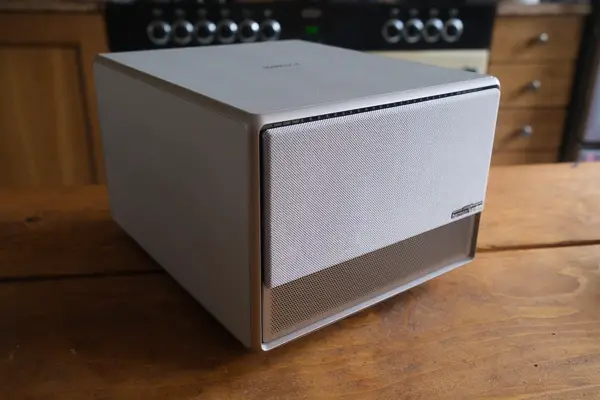 |
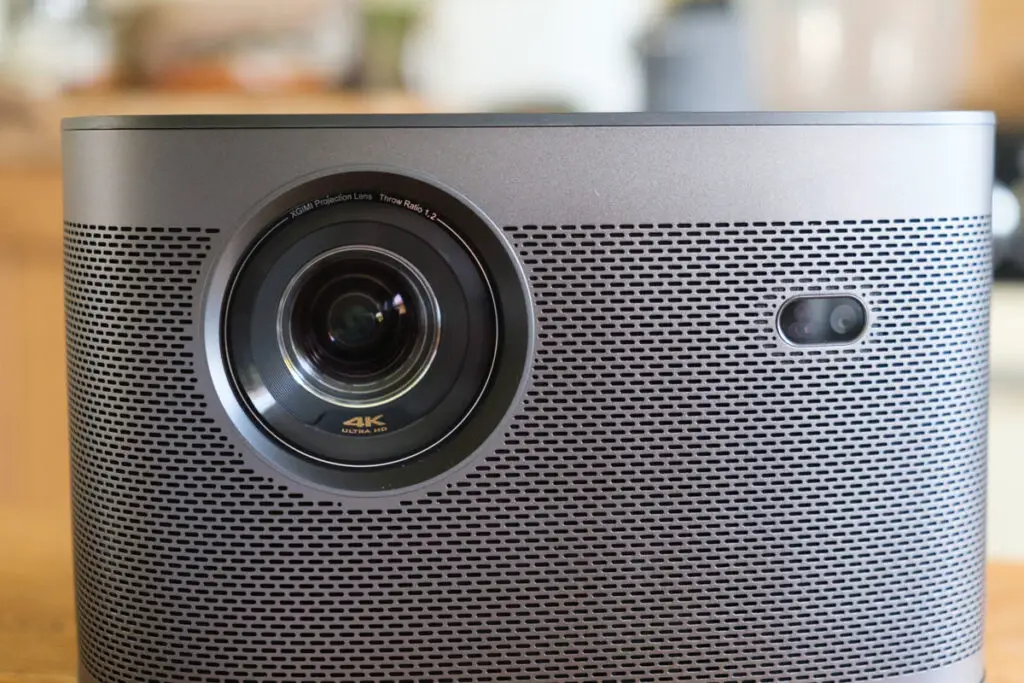 |
|---|---|---|
| Resolution |
|
|
| Setup |
|
|
| Autofocus and auto keystone |
|
|
| Remote Controls |
|
|
| Picture Quality |
|
|
| Supported Apps |
|
|
| Sound Quality |
|
|
| Portability |
|
|
| Fan Noise |
|
|
| Daylight Usage |
|
|
| Overall |
|
|
Setup & Ease of Use
It takes less than 5 minutes to get either projector up and running, particularly if you have an Android phone as you can simply copy your WiFi and Google account settings across using Bluetooth.
The only differences are found when you look at the intelligent screen adjustments (ISA) versions, with the Ultra having ISA 3.0 compared to the Pro’s ISA 2.0.
Both projectors have:
- Intelligent Obstacle Avoidance
- Intelligent Screen Alignment
- Automatic Keystone Correction
- Autofocus
The Horizon Ultra additionally has:
- Intelligent Wall Color Adaptation
- Variable Iris
- Optical Zoom
You can see details on the shared features in the individual reviews for the Ultra and Pro, but to briefly go over them:
Intelligent Obstacle Avoidance scans the wall that you are projecting onto, and moves the projected image to avoid lightswitches or other objects. This works extremely well and has always been accurate in my tests.
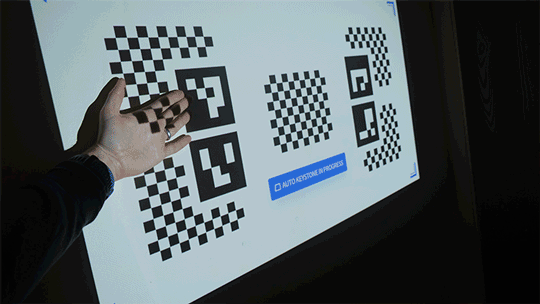
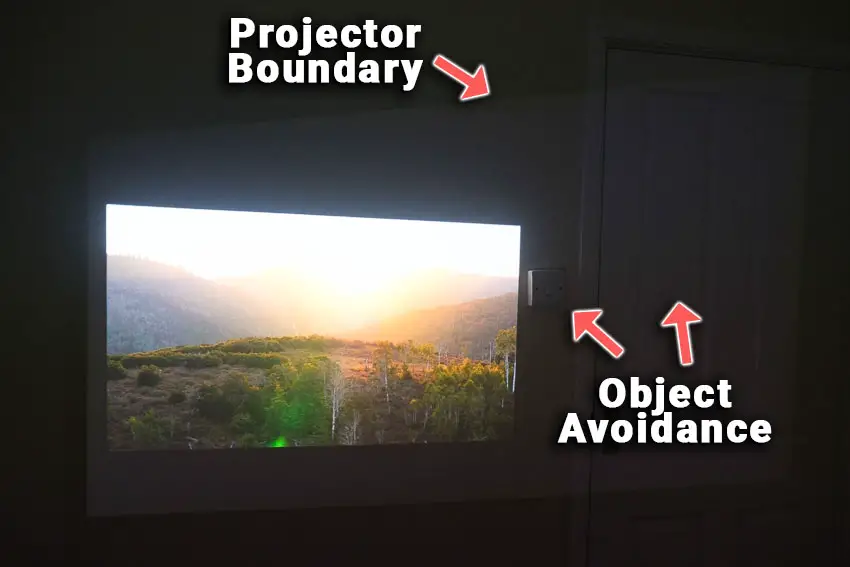
Intelligent Screen Alignment and Automatic Keystone Correction both fit your image to your screen or wall and align it regardless of whether you are pointing your projector straight at the screen or at an angle.
The Horizon Ultra has a few brand-new features including wall color adaptation, which is incredibly useful if you don’t have a screen, and are likely to use your projector on non-neutral walls.
You have to switch this option on from the settings menu, and it then takes around ten seconds to adapt the colors. This runs every time you then start the projector.
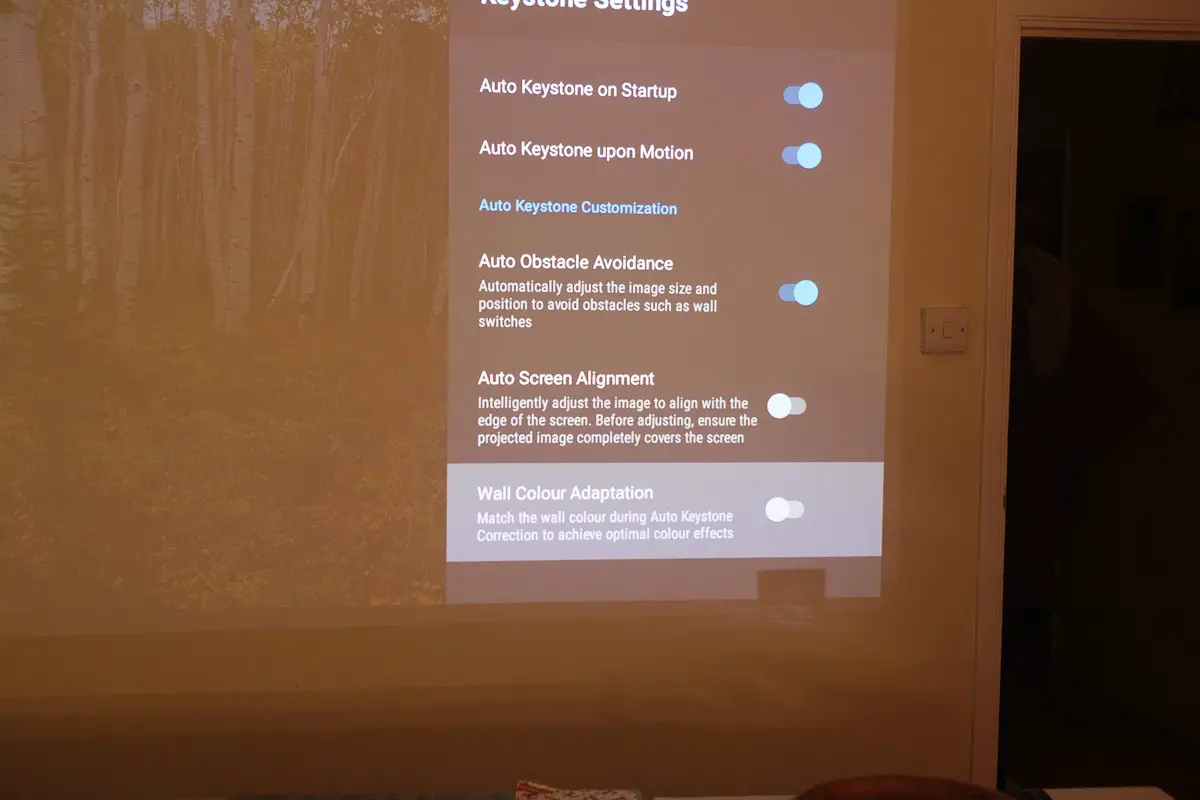
From a few tests, it generally works well but is never going to deliver the same colors as projecting directly onto a neutral surface.
You can also modify the colors manually, which is perhaps a more useful feature if you are using a projection surface that is not suitable, although this is more fiddly than the automatic system.
The iris control gives you the option to manually change brightness by opening the iris, or increasing contrast (but decreasing brightness) by closing it down.
The optical zoom means that you can use the projector on a longer throw ratio of up to 1.5:1, which helps to minimize the image looking washed out.
You can see all of the features of ISA 3.0 from the Horizon Ultra in action in the video below.
Picture Quality
On paper, both projectors seem to offer very similar image quality, but there is a noticeable difference in practice, particularly when it comes to Dolby Vision enabled content.
The Horizon Ultra offers:
- 4K UHD (3840 x 2160)
- Dolby Vision Support
- 2300 ISO Lumens
The Horizon Pro offers:
- 4K UHD (3840 x 2160)
- 2200 ANSI Lumens
ISO and ANSI Lumens are not directly comparable, as they measure light intensity on different parts of the image, but in practice, the Ultra and Pro seem to offer similar levels of brightness.
On non-Dolby Vision 4K content from YouTube, sharpness is comparable between both models, as is a differing color cast – the Ultra has a slightly warmer tone straight out of the box, although you can of course change the color cast of both manually.
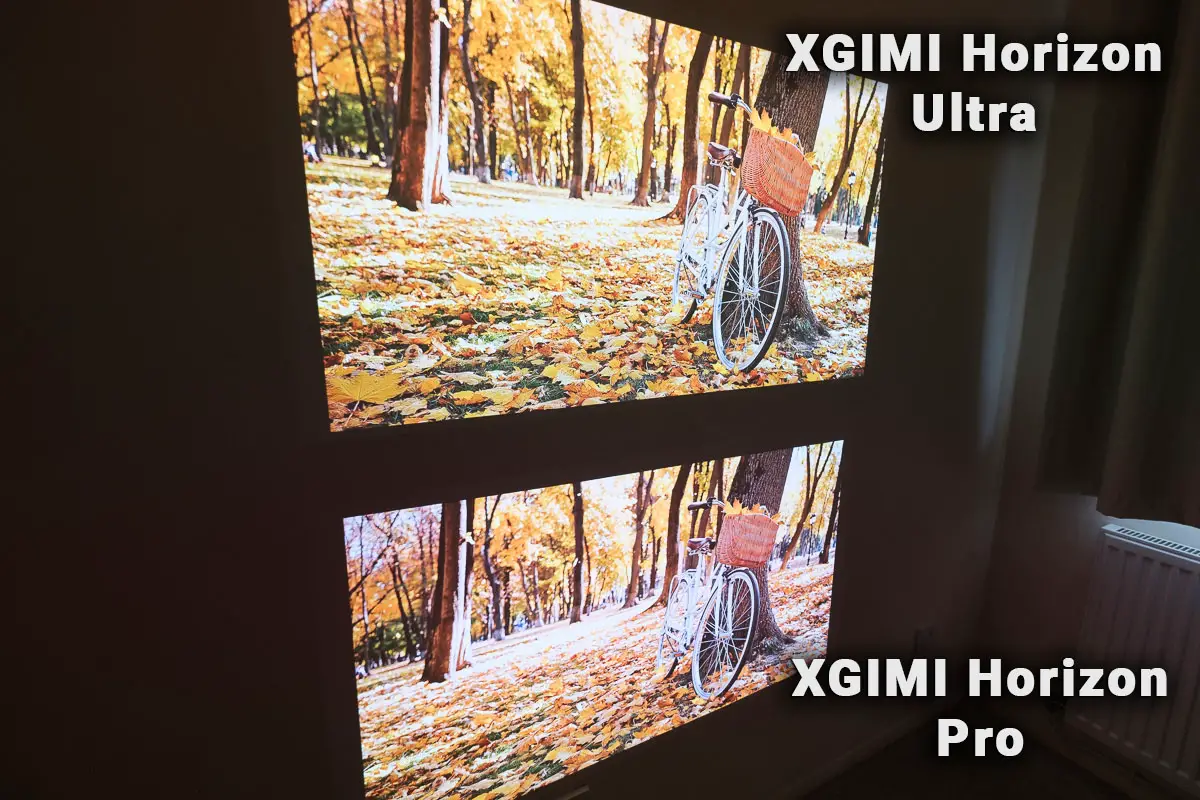
It isn’t easy to know which is technically better though, as in some scenes the extra warmth of the Ultra works well, while in others it can be too warm.
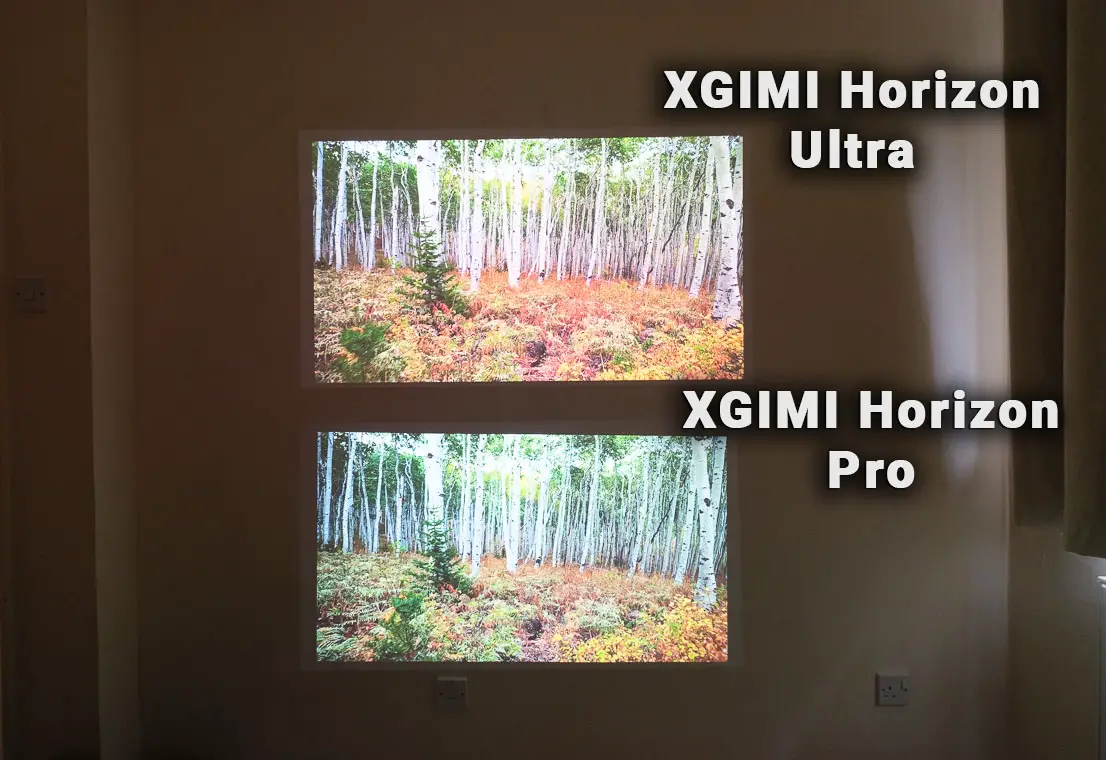
But the Ultra does become noticeably better once you start playing Dolby Vision content, from Disney+, Paramount+, or most of the other streaming providers.
From an initial look, the Horizon Pro appears to have a sharper image, but once you get your eye in, you can see that the picture is over-sharpened and this creates extra noise and haloing in the picture, rather than the smoother, more cinematic look of the Horizon Ultra.

Neither one is strictly “better” – it really comes down to personal preference: do you want a super sharp image, or a picture with a more careful gradation of tones?
Looking at close-up shots of the image reveals exactly what I mean here.
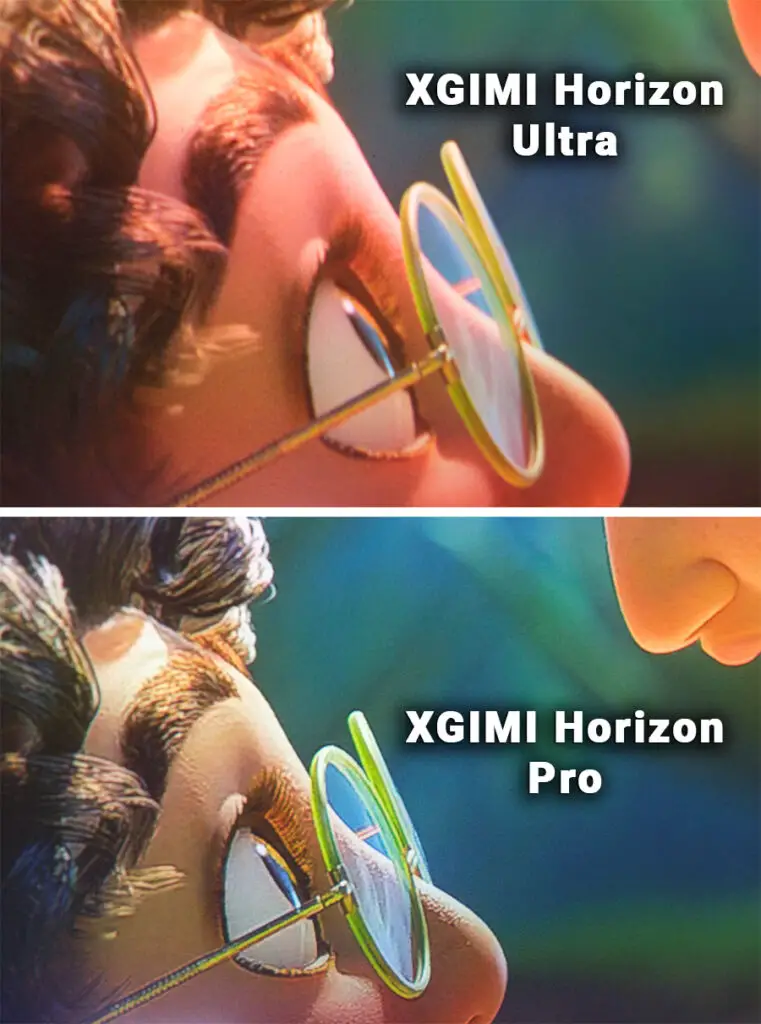
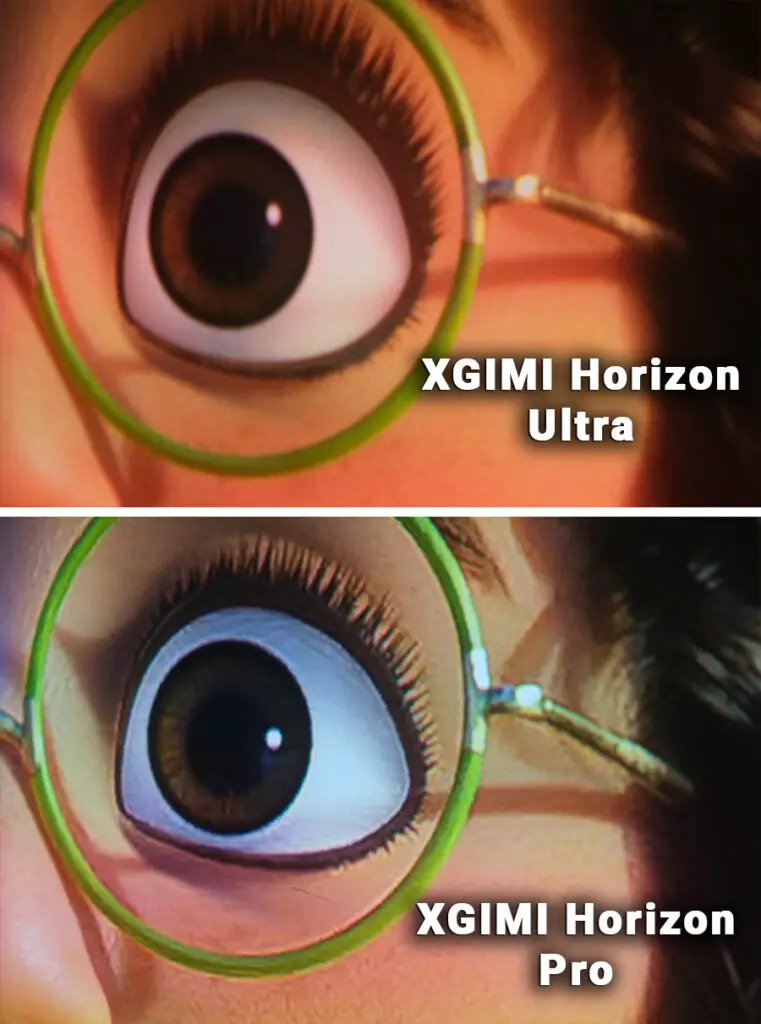
What you can’t see clearly in these photos is that the Horizon Pro definitely has a noisier image caused by the extra sharpness.
You can see a better comparison of the two projectors’ image quality in the video below with both standard 4K YouTube footage and Dolby Vision content.
And you can see the Horizon Ultra and Horizon Pro at larger screen sizes in the separate videos below.
Unlike some cheaper projectors, it is just about possible to use either the Horizon Ultra or Pro in daylight, although you get a much clearer image in the dark.
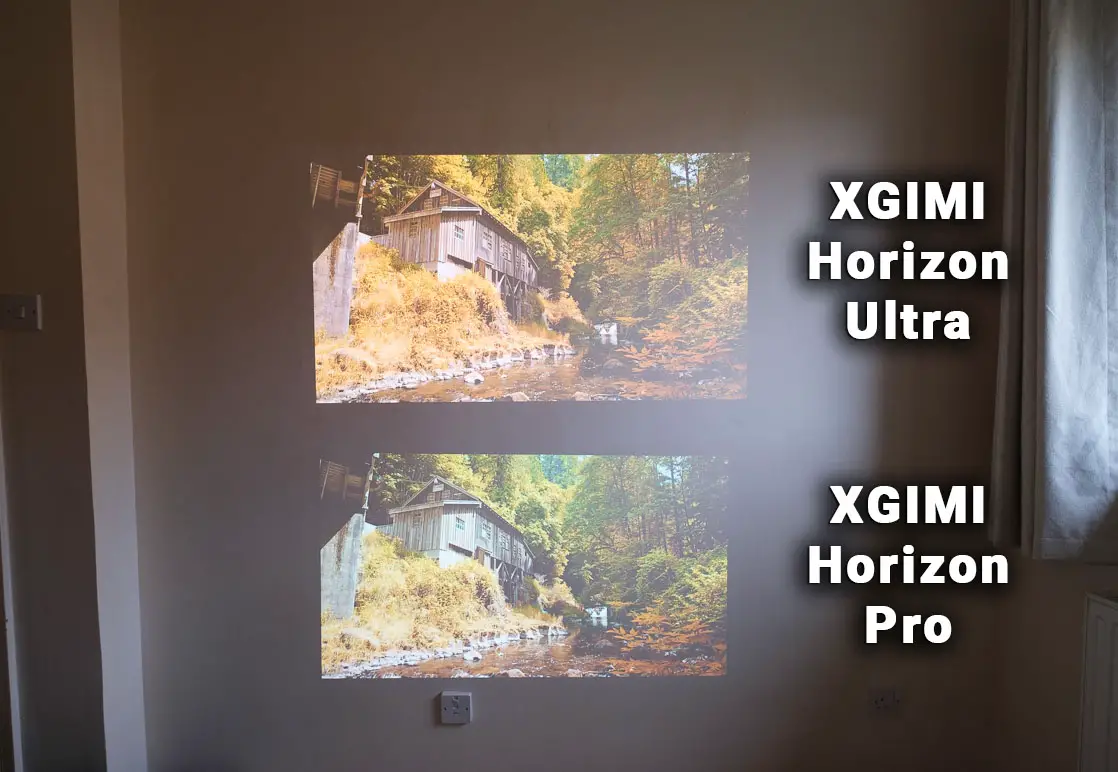
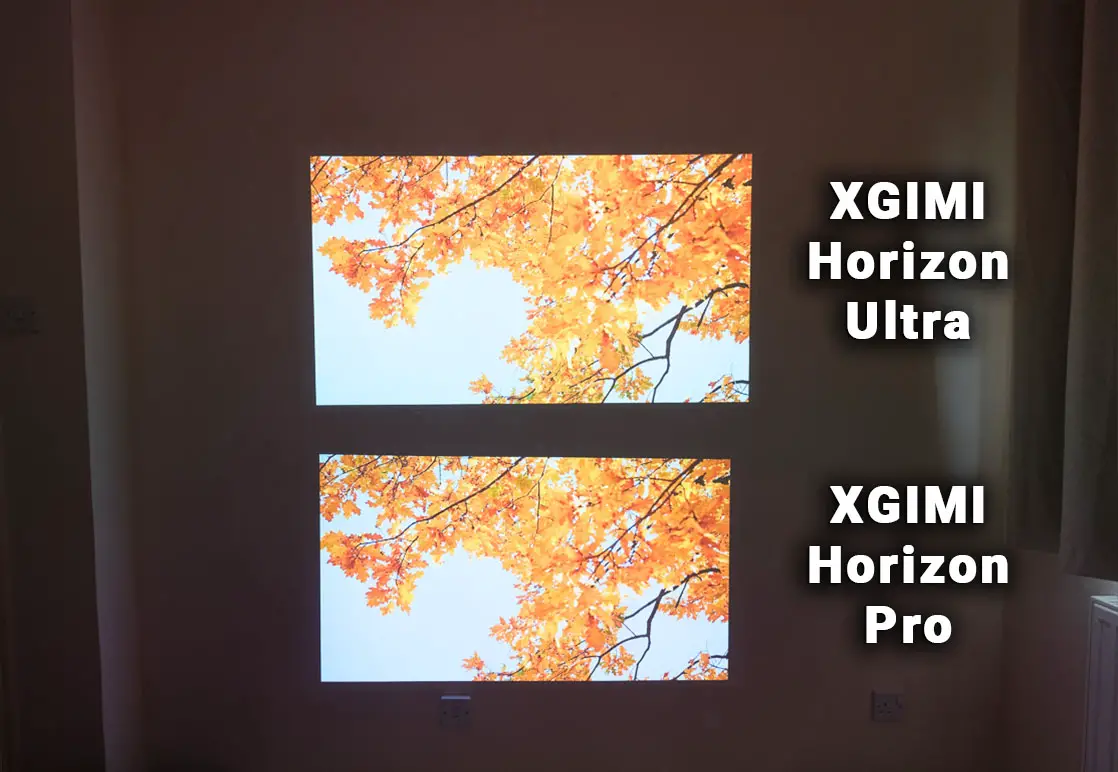
You can see a comparison of the two projectors in daylight and near-darkness in the video below.
I also have separate videos for both the Horizon Ultra and Horizon Pro individually, showing them under different lighting conditions at much larger screen sizes.
Sound Quality
Sound quality is at least very good with both projectors, although I find that the Ultra has a louder sound, more suited to larger rooms or outdoors, which shouldn’t be surprising given that the Ultra has 2 x 12W speakers compared to the Pro’s 2 x 8W.
You can hear how they compare on the same sound source in the video below.
The real difference is in fan noise though, with the Ultra remaining quiet under load, while the Pro does tend to be noticeable during quiet scenes.
The Horizon Ultra has:
- around 35 decibels of fan noise at about 0.5 meters in front of the projector
- dropping to the low 30s at around 1 meter.
- You can’t hear the fan at all.
The Horizon Pro has:
- around 41 decibels of fan noise at about 0.5 meters in front of the projector
- dropping to the mid-30s at around 1 meter.
- You can hear the fan during quiet scenes.
You can hear this difference for yourself at the end of the video on sound quality shown below (click play to jump to the correct timestamp).
Portability
Neither projector is particularly portable, although the Horizon Pro is smaller and lighter, and is therefore more suitable for taking out of the home.
The Horizon Ultra is much more suited to sitting on a shelf, or being put away between uses, but not moving it too far.
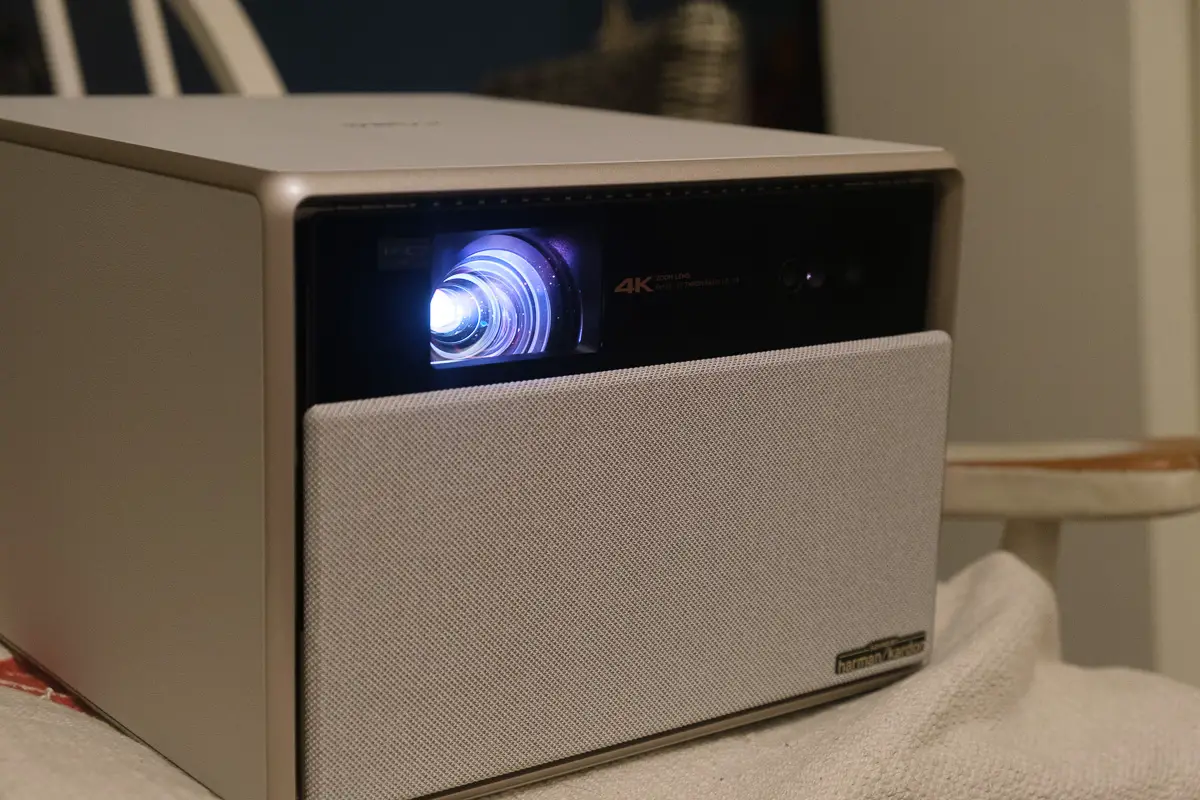
The Horizon Ultra weighs 5.1 KG (11.5 lbs) for the projector and an additional 1.5 KG (3.4 lbs) for the power brick.
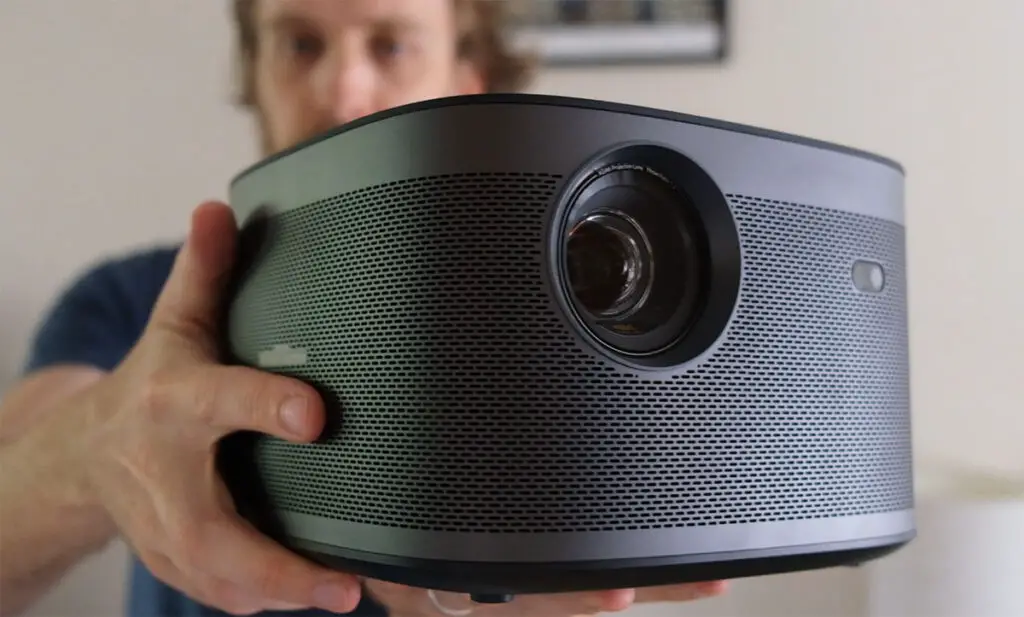
The Horizon Pro weighs 3.8kg (8.5lb) with all accessories, including the power brick.
Apart from weight, size, and design (with the Ultra looking more expensive and high-end), there are no other major differences, with both having the same ports, tripod screw, and identical remotes.
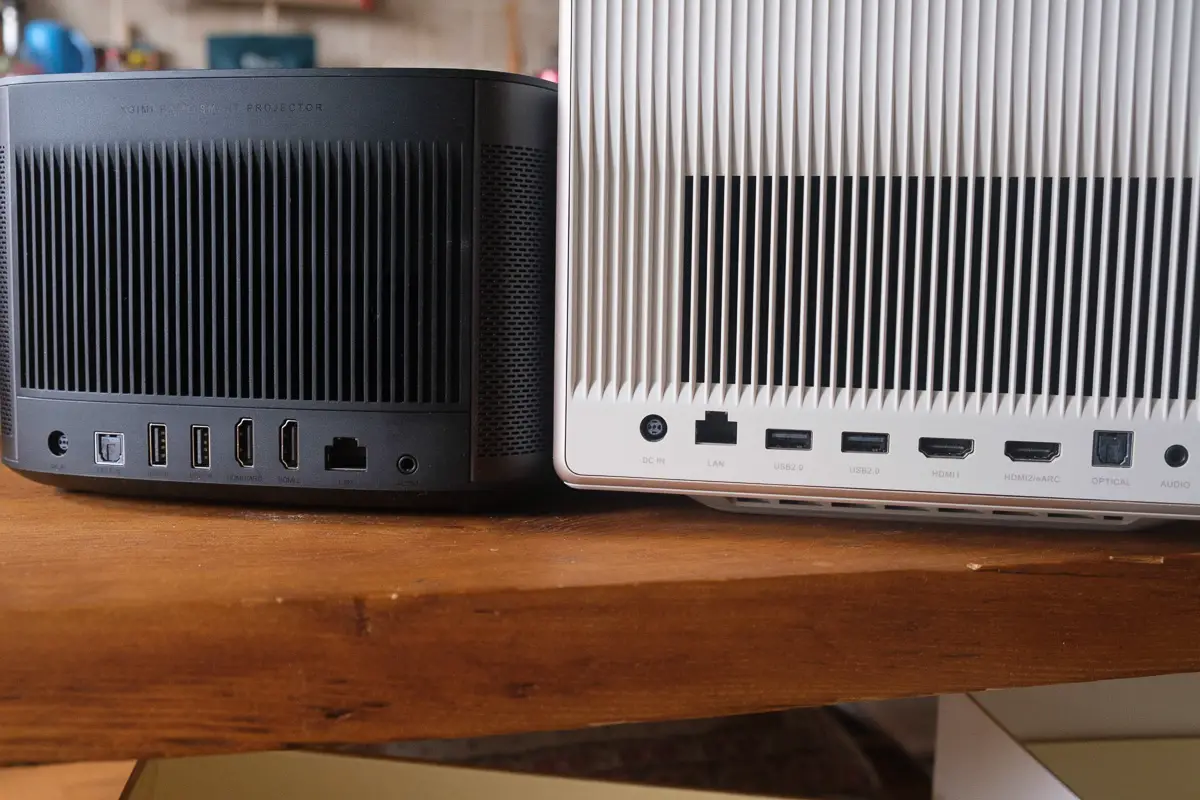
Both models have:
- Optical Audio port
- 2 x HDMI
- 2 x USB 2.0
- LAN
- 3.5mm headphone jack
- Bluetooth connectivity for audio (and the remote)
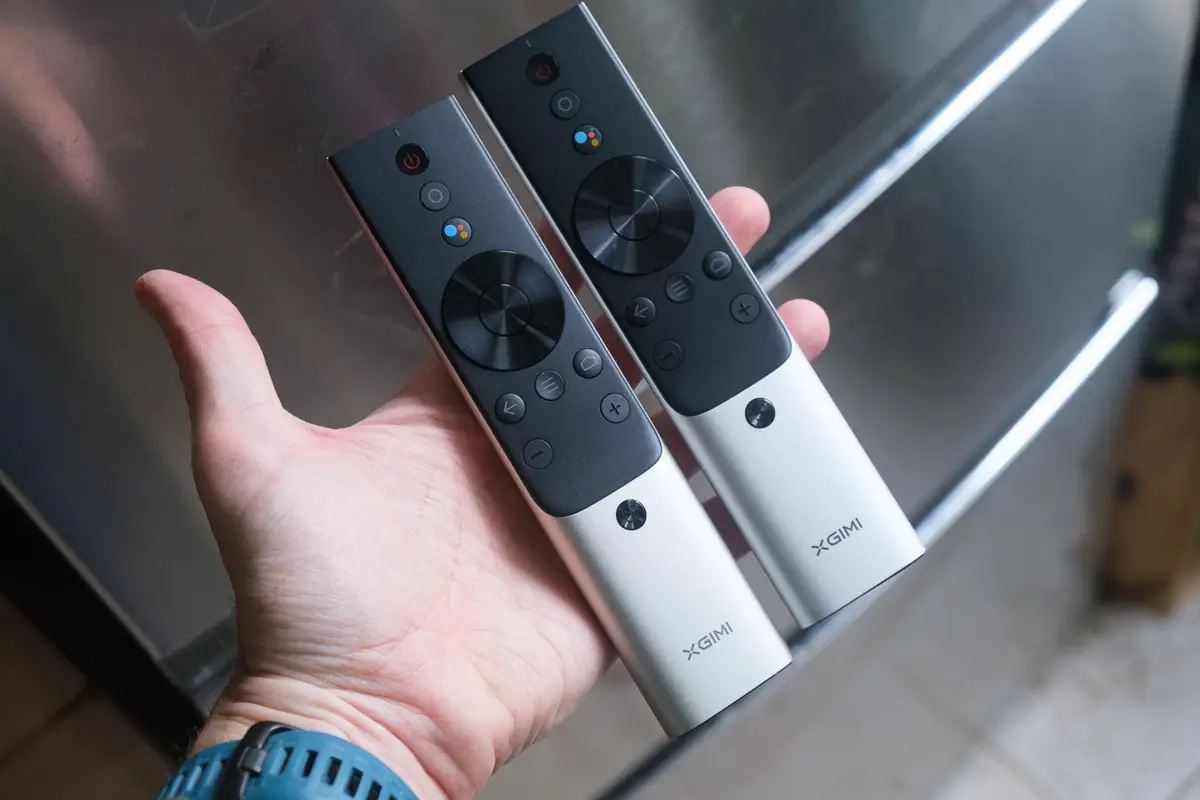
So, Which One Should You Go For?
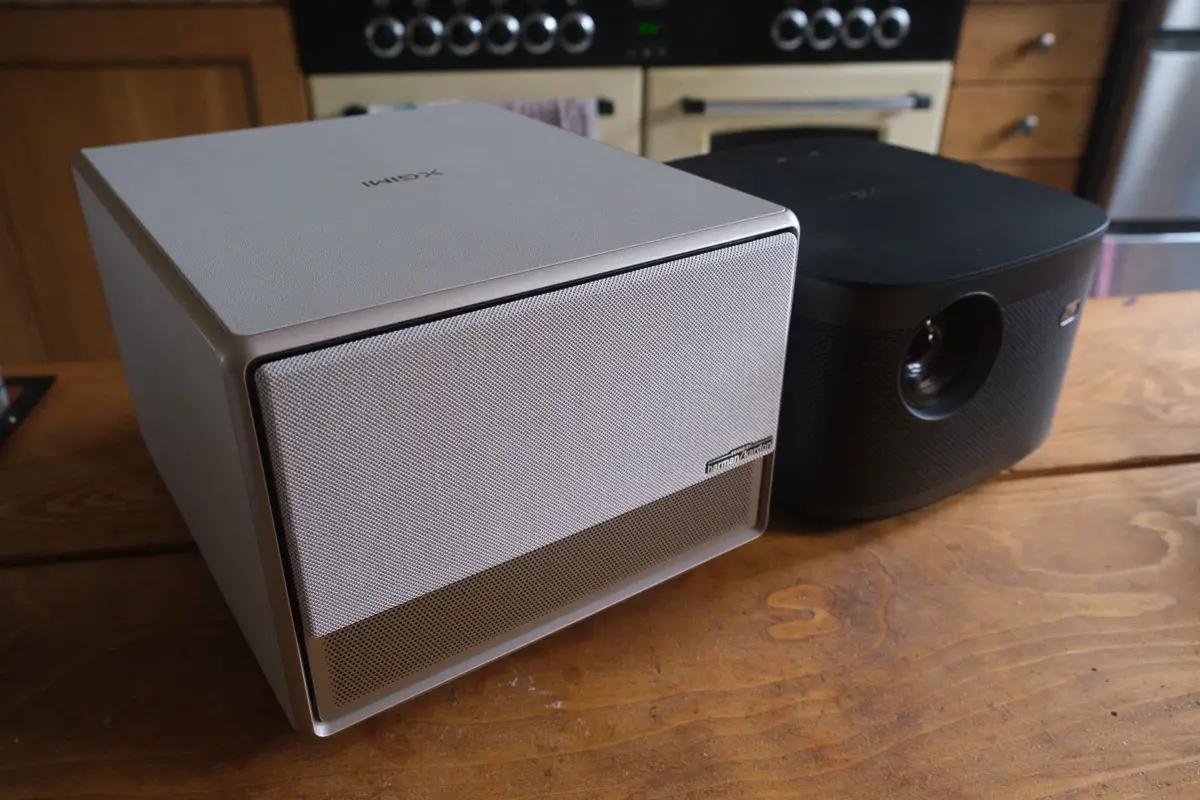
There’s a lot of overlap between the Horizon Ultra and Pro, but for my money, the Ultra takes the win with its Dolby Vision, impressive sound, and very quiet fan.
The Horizon Ultra also looks much better at home, with a fabric grill covering the lens when not in use, and the cream/gold case fitting into my home much better.
The Horizon Pro is very plastic-y, which isn’t a problem if you intend to put it away in a cupboard or drawer when not in use, which is completely feasible given its smaller size and weight.
You’ll never really be bothered to put away the Ultra as it’s just so big and heavy, so make sure you have a permanent space where it can live within easy reach of where you want to use it.
If the prices are identical, then I would have no hesitation in recommending the Ultra.
The Ultra is also definitely worth more than the Pro, but how much more?
I would say that if you can find the Pro for at least $400 less than the Ultra, then that would sway me, but otherwise, I would stick with the Ultra.
Read More:
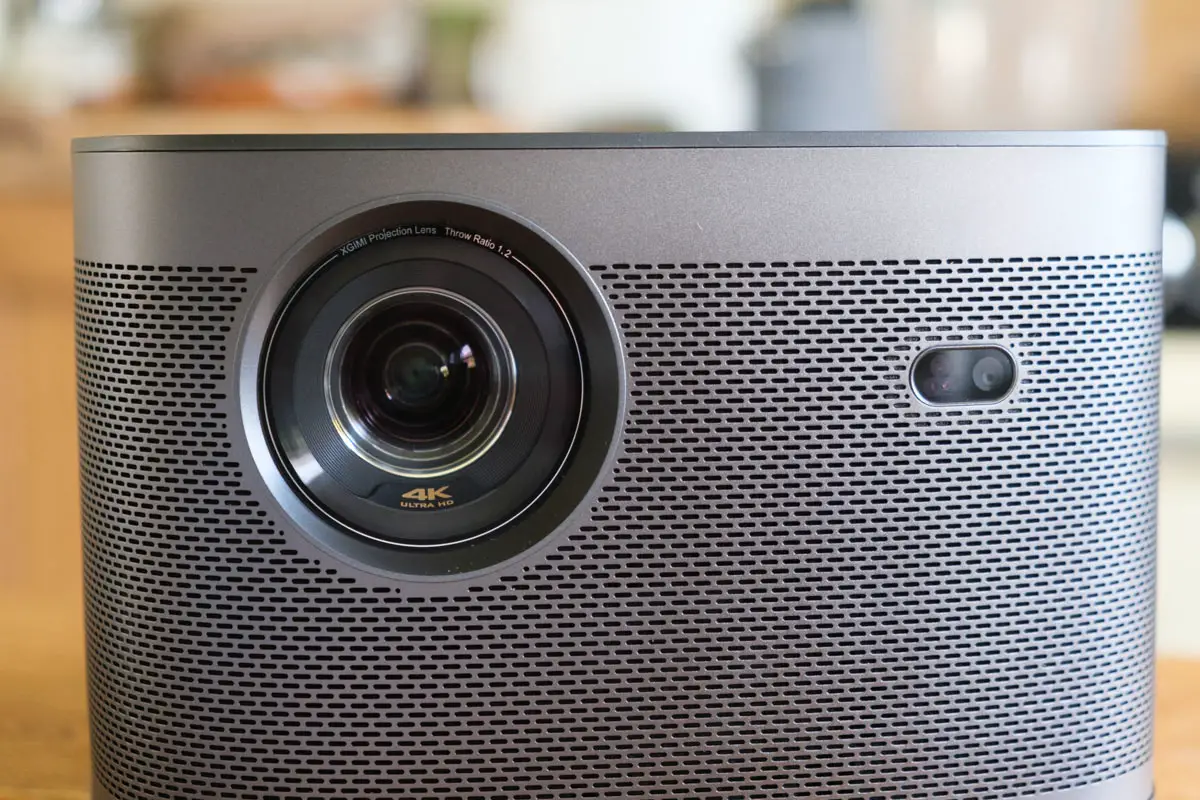
 ISA 2.0 uninterrupted adjustments
ISA 2.0 uninterrupted adjustments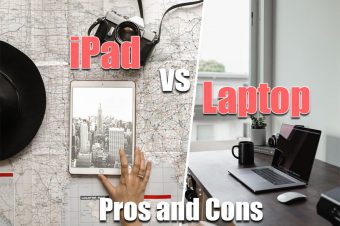


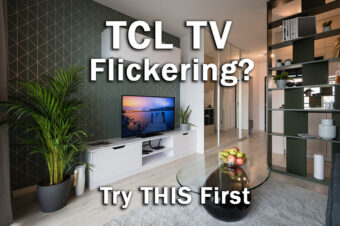
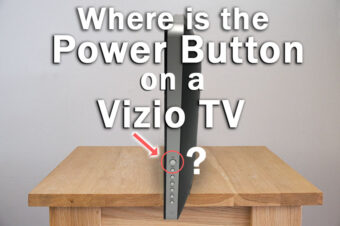

Leave a Reply